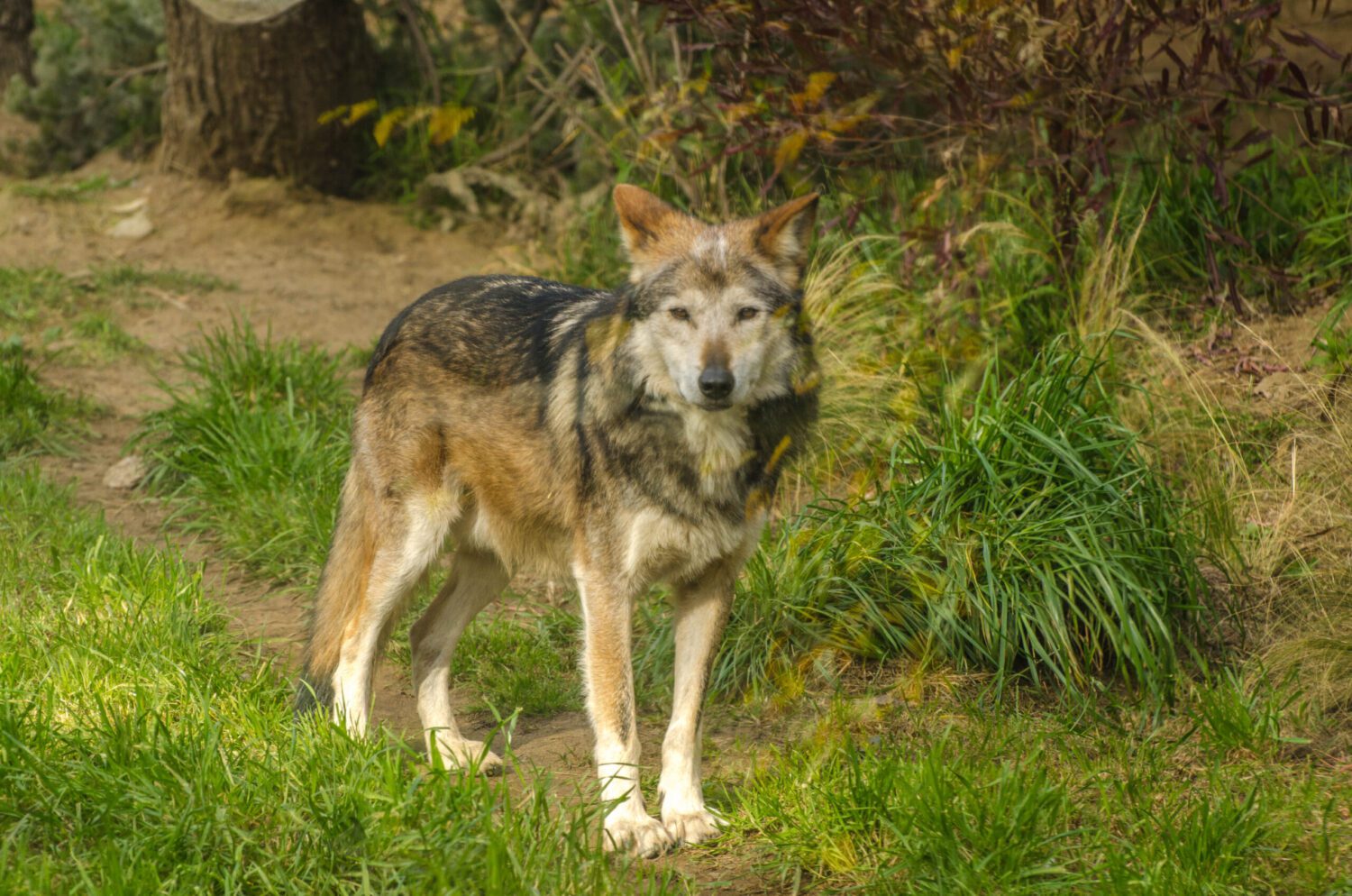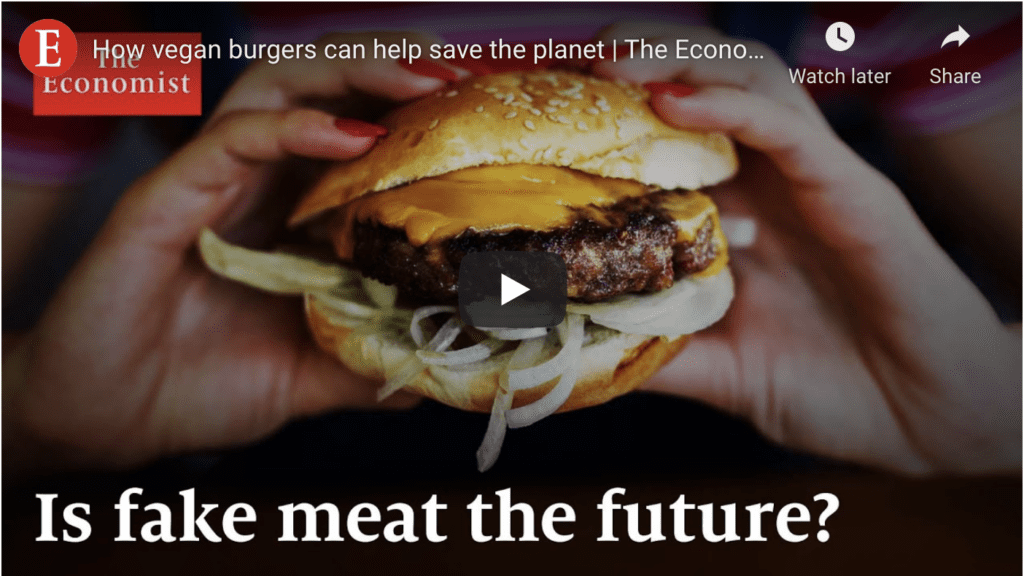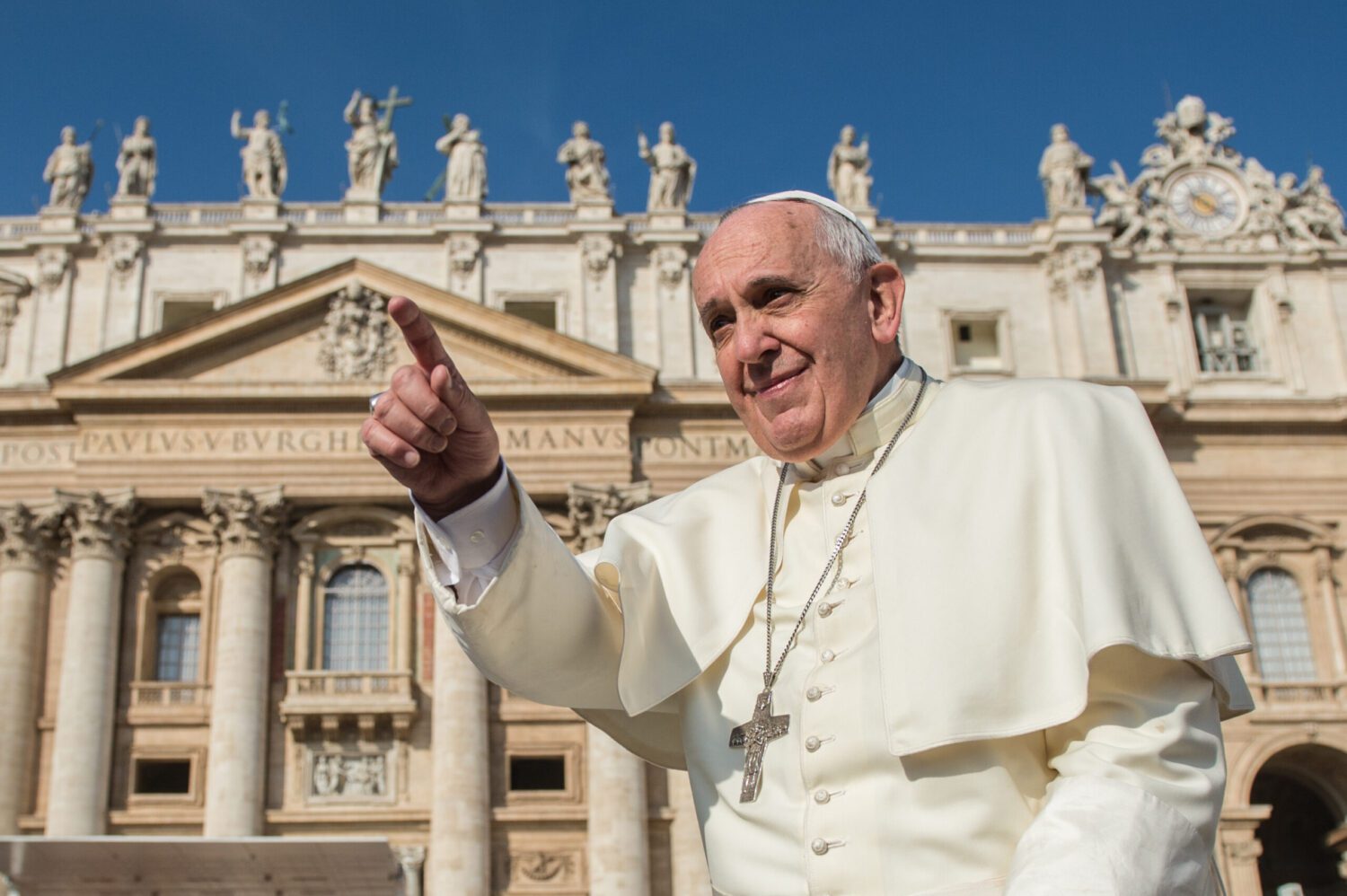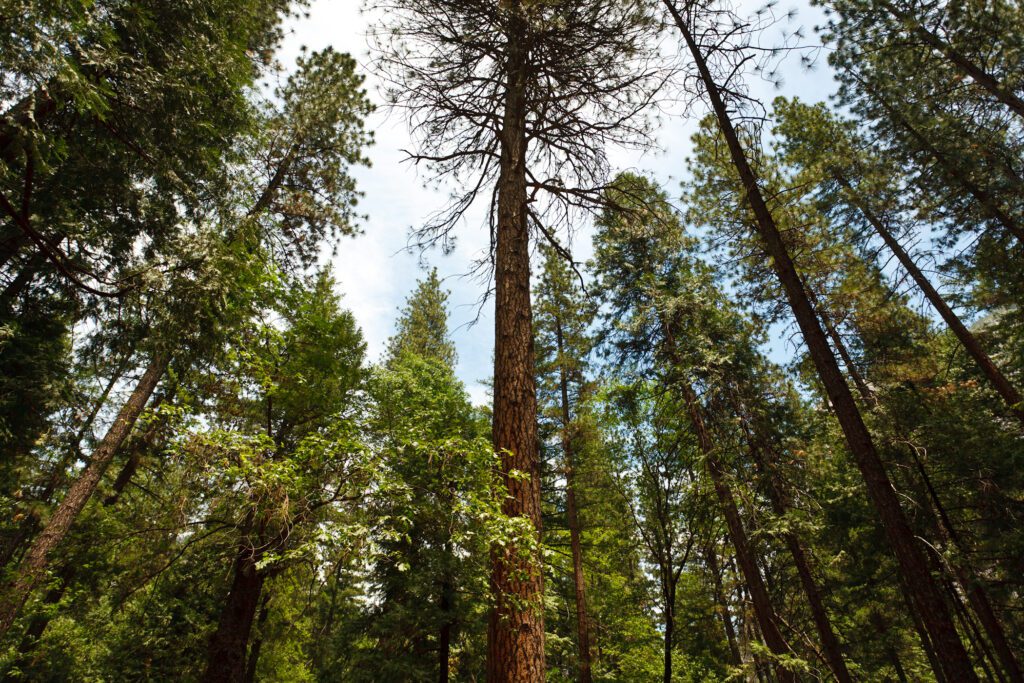


A new report calls out the two-faced global insurers that are fueling climate change.
By Reynard Loki, Independent Media Institute
8 min read
Despite the pro-climate rhetoric of the insurance industry—and warnings by the world’s climate scientists calling for an end to fossil fuel exploration—leading global insurers are backing the Brazilian government’s massive offshore oil expansion, according to a new report titled, “Fueling Climate Change: The Insurers Behind Brazil’s Offshore Oil Expansion.” Released on January 20 by Insure Our Future, a coalition of environmental and consumer protection groups, the report—based on internal documents that have never been disclosed—reveals how major international insurance firms are assisting the expansion of environmentally destructive deep-sea oil and gas operations in fragile ecosystems off the coast of Brazil.
“Given how secretive insurers are about their project involvement and the lack of disclosure requirements, this information is rarely available for major fossil fuel projects,” states the report, which calls out “Chubb, MAPFRE and Tokio Marine, three insurers from the U.S., Spain, and Japan, respectively.” These companies underwrite the majority of the offshore oil and gas drilling—both operational and exploratory—conducted by Petrobras, the national oil company of Brazil, which “extracts around 93 percent of all Brazil’s oil and gas, and extracted nearly 2.8 million barrels of oil per day in September 2021,” according to the report. (By comparison, the U.S. extracts around 11 million barrels of oil per day.)
“Chubb and Tokio Marine, along with Liberty Mutual, AXA, Fairfax, Argo, and several Brazilian insurers, were also found to provide insurance in the form of performance bonds for multinational companies involved in exploratory oil and gas operations,” the report further states. “It is irrational and irresponsible for insurance companies that regularly conduct climate risk evaluations to support fossil fuel expansion.”
Petrobras’ oil and gas explorations are happening in areas that are considered some of the planet’s “most sensitive ecological sites” along the Brazilian coastline and around the Great Amazon Reef, the report says. The biodiversity found in Brazil’s marine habitats is “astonishing,” according to the editors of the book series “Brazilian Marine Biodiversity,” which provides a broad scientific overview of the marine and coastal habitats that exist along Brazil’s expansive Atlantic-facing coastline that spans around 4,600 miles. The marine habitats include “estuaries, coral reefs, rocky shores, sandy beaches, rhodolith beds, mangroves, salt marshes, deep-sea habitats, vegetated bottoms, and continental shelf,” states the book series’ publisher’s website.
Brazil’s fossil fuel operations threaten not only the stability of these fragile ecosystems but also the local communities that depend on them, as well as the global climate. Without a change in Brazil’s federal policy, the country “may become the world’s fourth-biggest oil producer in 2030,” according to Europétrole, a petroleum industry news site. The nation’s oil output “is expected to grow by 1.2 million barrels per day to 4.2 million barrels per day in 2026 as new low-cost resources are tapped in the prolific pre-salt layers offshore,” according to a report on “Oil 2021” by the International Energy Agency (IEA), which provides the 2026 forecast and analysis for the energy industry. The analysis by IEA found that non-OPEC members are projected to increase oil output by 4 million barrels per day, “with the United States and Brazil combined accounting for 75 percent of the increase.”
Moving Toward the Climate Tipping Point
The IEA, in another report, has said that in order to limit global warming to 1.5 degrees Celsius above preindustrial levels, the central aim of the 2015 Paris climate agreement, fossil fuel use and exploration must come to an end. “Net zero means a huge decline in the use of fossil fuels,” according to the IEA report “Net Zero by 2050,” published in May 2021. A net-zero pathway would, meanwhile, mean that fossil fuels have to “fall from almost four-fifths of total energy supply today to slightly over one-fifth by 2050.”
“[T]he pathway to net zero by 2050 is narrow but still achievable if governments act now,” Fatih Birol, the IEA’s executive director, tweeted in May 2021. By engaging in extensive offshore oil and gas exploration, the Brazilian government is clearly not acting in the best interest of humanity and is accelerating society’s move toward a dangerous climate tipping point, a global warming threshold that, if breached, would spark cascading and potentially irreversible impacts on biodiversity, ecosystems, weather and food security.
“If you have crop failures in a couple of the breadbaskets of the world at the same time, then you could see extreme food price spikes and hunger and famine across wide swathes of the world,” said Simon Lewis, a professor of global change science at University College London, according to a Reuters article. “That’s why it’s so risky to keep emitting from fossil fuels… because we’re increasing the likelihood that we go over one of those tipping points.”
A report released in August 2021 by the Intergovernmental Panel on Climate Change (IPCC), the intergovernmental body of the United Nations (UN) that assesses the latest climate change science, warned that we are close to reaching a tipping point. “It is virtually certain that irreversible, committed change is already underway for the slow-to-respond [climate] processes as they come into adjustment for past and present emissions,” states the IPCC report.
“I cannot emphasize enough that time is running out,” said UN Secretary-General António Guterres in September. “Irreversible climate tipping points lie alarmingly close. Civil society is watching closely and is running out of patience.”
Climate Crisis and the Hypocritical Stance of Global Insurance Companies
In addition to supporting the destruction of marine ecosystems and fueling the climate crisis, the leading global insurance companies that are behind Brazil’s fossil fuel industry are flatly hypocritical: They have been telling the public that they care about the environment and climate while underwriting harmful offshore drilling projects and continuing Brazil’s addiction to cheap, dirty fuel, which is supported by government subsidies that should instead go to supporting the advancement of renewable energy.
More than 15 years ago, Chubb CEO and chairman Evan Greenberg said that “no greater problem confronts mankind than global warming,” reports Elana Sulakshana, of Rainforest Action Network, an environmental nonprofit. In July 2019, Chubb became the first company in the United States to adopt a policy restricting the operation and sustenance of the coal business, with its Swiss parent company Chubb Limited saying that the company would “no longer underwrite the construction and operation of new coal-fired plants or new risks for companies that generate more than 30 percent of their revenues from coal mining or energy production from coal.” At the time, Greenberg boasted that the policy was evidence of “Chubb’s commitment to do our part as a steward of the Earth.”
In December 2020, Paul Krump, Chubb’s vice chairman for global underwriting and claims, also aggrandized the company’s position, saying, “Chubb recognizes the reality of climate change and the substantial impact of human activity on our planet. As an insurer, our first responsibility is to use our expertise in risk management to provide products and services that protect individuals, businesses and communities, which are often becoming increasingly affected by climate change.”
In September 2020, Tokio Marine released its climate strategy, which states, “Climate change is a global social issue that poses a threat to the safety and security of our customers and local communities. … We have continued our efforts to combat climate change… [and] we have made it our core identity ‘To Be a Good Company.’” Tokio Marine’s CEO Satoru Komiya called climate change “a top-priority issue that we must address head-on.”
For these insurers, saying they are part of the solution to the climate crisis is simply greenwashing. “Chubb, MAPFRE, and Tokio Marine insuring new oil drilling is literally adding fuel to the fire,” said Tzeporah Berman, a Canadian environmental activist and international program director for Stand.earth, an environmental nonprofit and member of Insure Our Future, in an email to Earth | Food | Life.
“[In 2021], hundreds of thousands of people lost their homes, thousands lost their lives and millions of acres of forest burned down due to climate change caused primarily by oil, gas and coal,” said Berman. “The science is clear that we need to stop [the] expansion of new drilling and wind down production[,] and these insurance companies are lying if they say they care about climate change while facilitating the growth of the problem.”
And that problem is something that is particularly worrisome to a broad swath of Brazil’s population, where dependence on cheap fuel is being allowed to grow unchecked. According to a 2015 Pew Research survey, “[i]n Brazil, home to one of the world’s largest carbon sinks,” 86 percent of Brazilians consider climate change to be “a very serious concern.” And many people on the front lines of the climate crisis are not included in the climate discussion, particularly Indigenous communities, who are unfortunately among the first to face the brunt of the climate crisis.
“We are not the ones who are creating the pollution, the ones who are making the problem, but we are the people who are being killed by it. This is environmental genocide,” said Sonia Guajajara, the executive coordinator of the Association of Indigenous Peoples of Brazil. “Although Indigenous people form only 5 percent of the global population, we protect 80 percent of the Earth’s biodiversity. Yet, we continue to be excluded from decision-making.”
“Governments need to reforest their minds and understand that climate change is already a reality, not a problem for the future,” she said. “We are here to echo the call of Mother Earth because she is crying, and it is our duty to echo her call while we still have time. What happens when she stops crying?”
###
Reynard Loki is a writing fellow at the Independent Media Institute, where he serves as the editor and chief correspondent for Earth | Food | Life. He previously served as the environment, food and animal rights editor at AlterNet and as a reporter for Justmeans/3BL Media covering sustainability and corporate social responsibility. He was named one of FilterBuy’s Top 50 Health & Environmental Journalists to Follow in 2016. His work has been published by Yes! Magazine, Salon, Truthout, BillMoyers.com, CounterPunch, EcoWatch and Truthdig, among others.
Take action…
Public Citizen: “Fossil fuel companies can’t operate without insurance. Yet insurance giant American International Group (AIG) refuses to stop enabling the climate crisis by insuring and investing in fossil fuels. AIG is one of the top three global insurers of oil and gas, and one of the last major insurers to still underwrite coal without restrictions. The insurer is also using customers’ premiums to invest in fossil fuel companies—$26.8 billion according to the most recent data—enabling even more projects to be built. We are calling on AIG to drop coverage of and investments in fossil fuels, and start insuring our future instead.”
Urge AIG to stop insuring new and expanded fossil fuel projects immediately and phase out insurance for all fossil fuels, starting with coal.
Cause for concern…

An endangered wolf went in search of a mate, but the border wall blocked him
“In late 2021 an endangered Mexican gray wolf set out on an epic journey. Known as Mr. Goodbar, the male had months earlier left his pack in eastern Arizona in search of his own territory and a mate. He headed south and east, through the Chihuahuan Desert, a vast, biodiverse expanse of grasslands and shrublands interspersed with mountain ranges and valleys. …
“But he soon found himself at a perplexing impasse: The U.S.-Mexico border. Just one year prior, the land was open, except for a short vehicle barrier, a type of low porous fence meant to stop cars and trucks from illegal crossings. But now he found it blocked by a 30-foot-high wall, composed of massive steel beams separated by four-inch gaps, admitting only the tiniest of animals.”
—Douglas Main,“An endangered wolf went in search of a mate, but the border wall blocked him” (National Geographic, January 21, 2022)
Round of applause…

VIDEO: How vegan burgers can help save the planet
“When people cook steak, they’re also cooking the planet. Switching from beef to vegetable patties in the U.K. could save 9.5-11m tonnes CO2e annually, representing up to 2.4 percent of territorial greenhouse-gas emissions. While 76 percent of British people say they care about the environment, just 26 percent would stop eating meat to reduce environmental impact. Is fake meat the future?”
—“How vegan burgers can help save the planet” (The Economist, December 29, 2022)
ICYMI…

“In a 2013 study, the internet’s annual carbon footprint was measured at 830 million tons of carbon dioxide. This would put the web’s electricity output at roughly the same level as the aviation industry. “If the internet were a country, it would now rank sixth in the world for its electricity demand,” states a 2014 article in the Guardian by Gary Cook, a senior IT analyst with Greenpeace.
“Meanwhile, with the ongoing COVID-19 pandemic leading to people working remotely from their homes and increasingly relying on at-home entertainment, some countries reported a 20 percent increase in “internet traffic” since March 2020, according to a January 2021 article in Science Daily. Extrapolating that data through the end of 2021, the “increased internet use alone would require a forest of about 71,600 square miles—twice the land area of Indiana—to sequester the emitted carbon,” according to the study, which was conducted by researchers from Purdue University, Yale University and the Massachusetts Institute of Technology.”
—EFL reporter Robin Scher, “Why the Internet Itself Is a Major Environmental Problem” (Countercurrents, December 15, 2021)
Moving the needle…

Dear Pope Francis: Here’s a constructive challenge
“We laud your many commitments to social justice and environmental protection. You are bending the arc of the world towards justice in a way few voices can. And while you have been criticized for your recent comments regarding the need to parent rather than raise pets, we want to offer the Vatican a constructive challenge[:] … support a fundamental policy reform that would make every child’s right to a Fair Start in life the first and overriding human right. Nothing would speak out against selfishness more than that and give the majority of people—those who will exist in the future—that which they deserve. It’s not about population. People are not numbers. It’s about the impossibility of separating values like welfare, equity, and nature from their creation.
“As Nobel Laureate Steven Chu noted, population growth has acted like a Ponzi scheme that has pulled massive wealth to the top of the economic pyramid at a cost to women, children and the environment. It’s a fundamentally unjust and exploitative system. And the greatest impact in reversing it, and furthering the Sustainable Development Goals, comes through changing our family policies to promote an ecosocial Fair Start in life as the first and overriding human right. There is nothing else that comes close to having the impact, long term, on the social justice and environmental causes you support.”
—Ashley Berke, Nandita Bajaj and Carter Dillard, “Fair Start: An Open Letter to Pope Francis” (FairStartMovement.org, January 10, 2022)
Parting thought…

“To listen to trees, nature’s great connectors, is to learn how to inhabit the relationships that give life its source, substance, and beauty.” —David George Haskell
Earth | Food | Life (EFL) explores the critical and often interconnected issues facing the climate/environment, food/agriculture and nature/animal rights, and champions action; specifically, how responsible citizens, voters and consumers can help put society on an ethical path of sustainability that respects the rights of all species who call this planet home. EFL emphasizes the idea that everything is connected, so every decision matters.
Click here to support the work of EFL and the Independent Media Institute.
Questions, comments, suggestions, submissions? Contact EFL editor Reynard Loki at [email protected]. Follow EFL on Twitter @EarthFoodLife.
